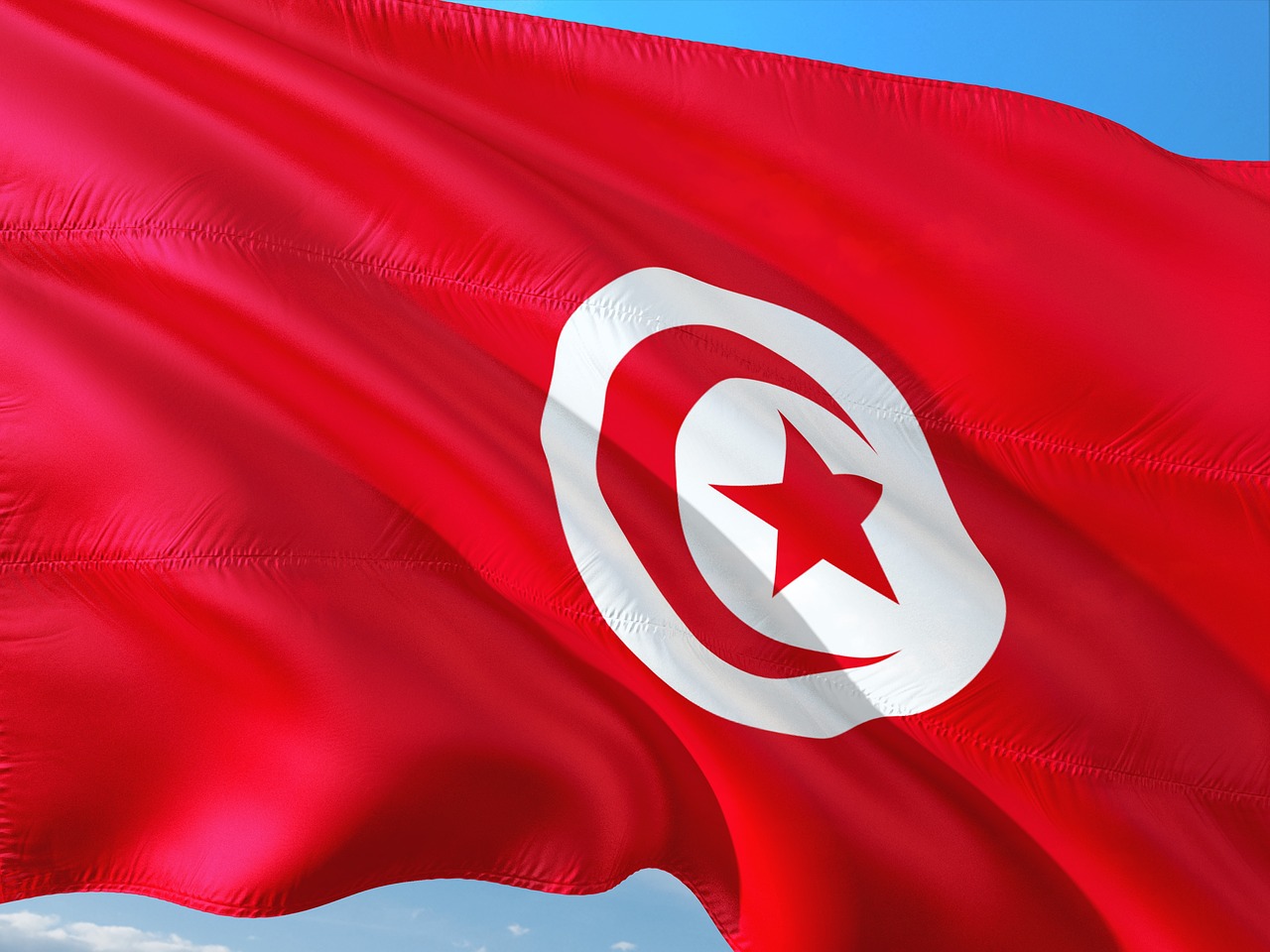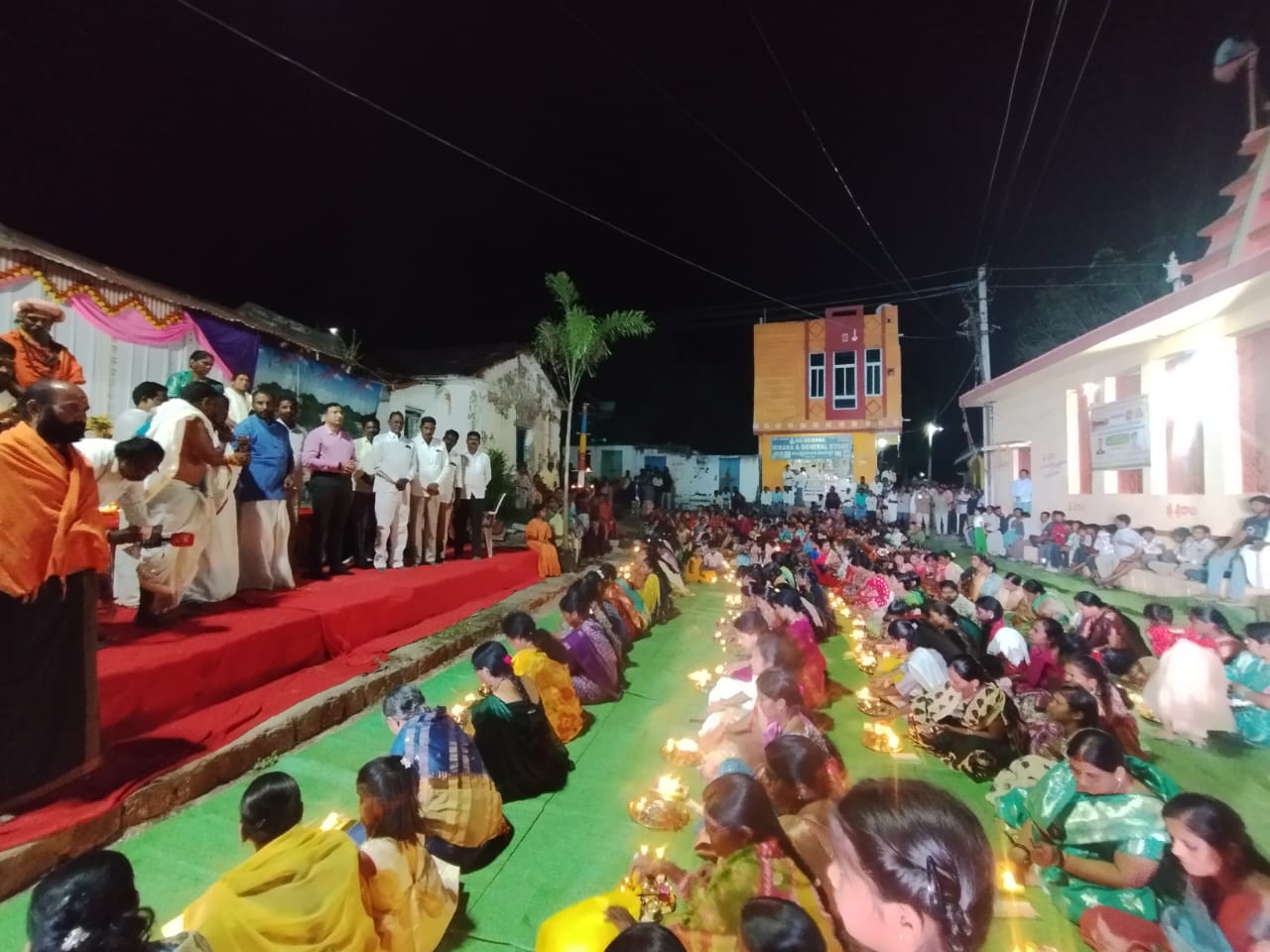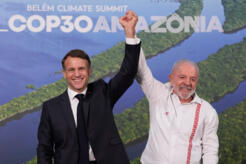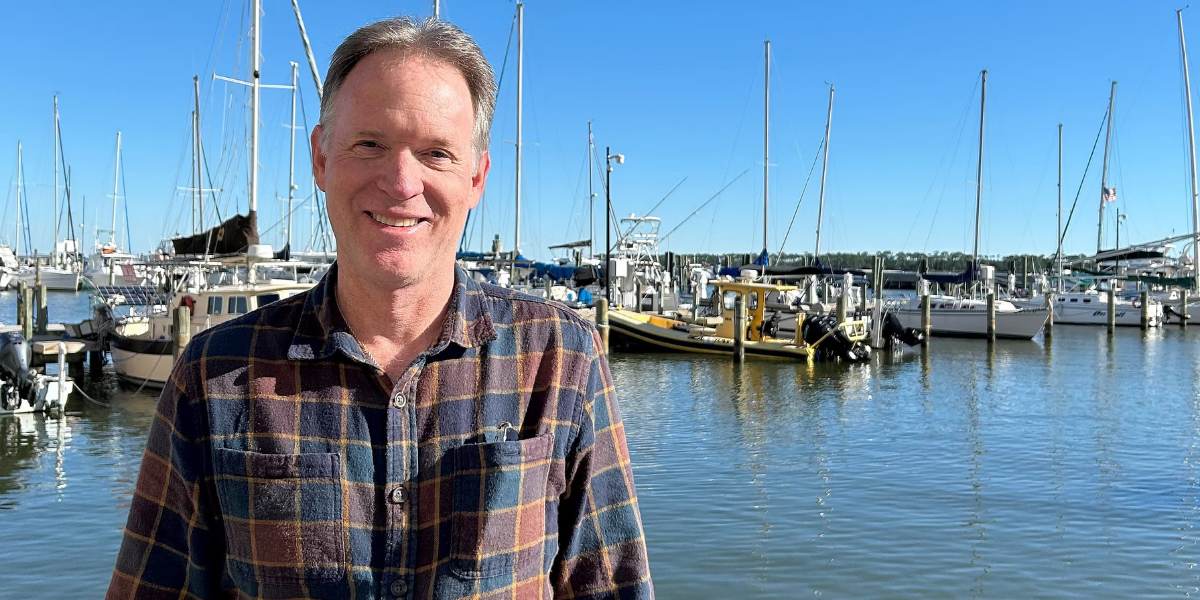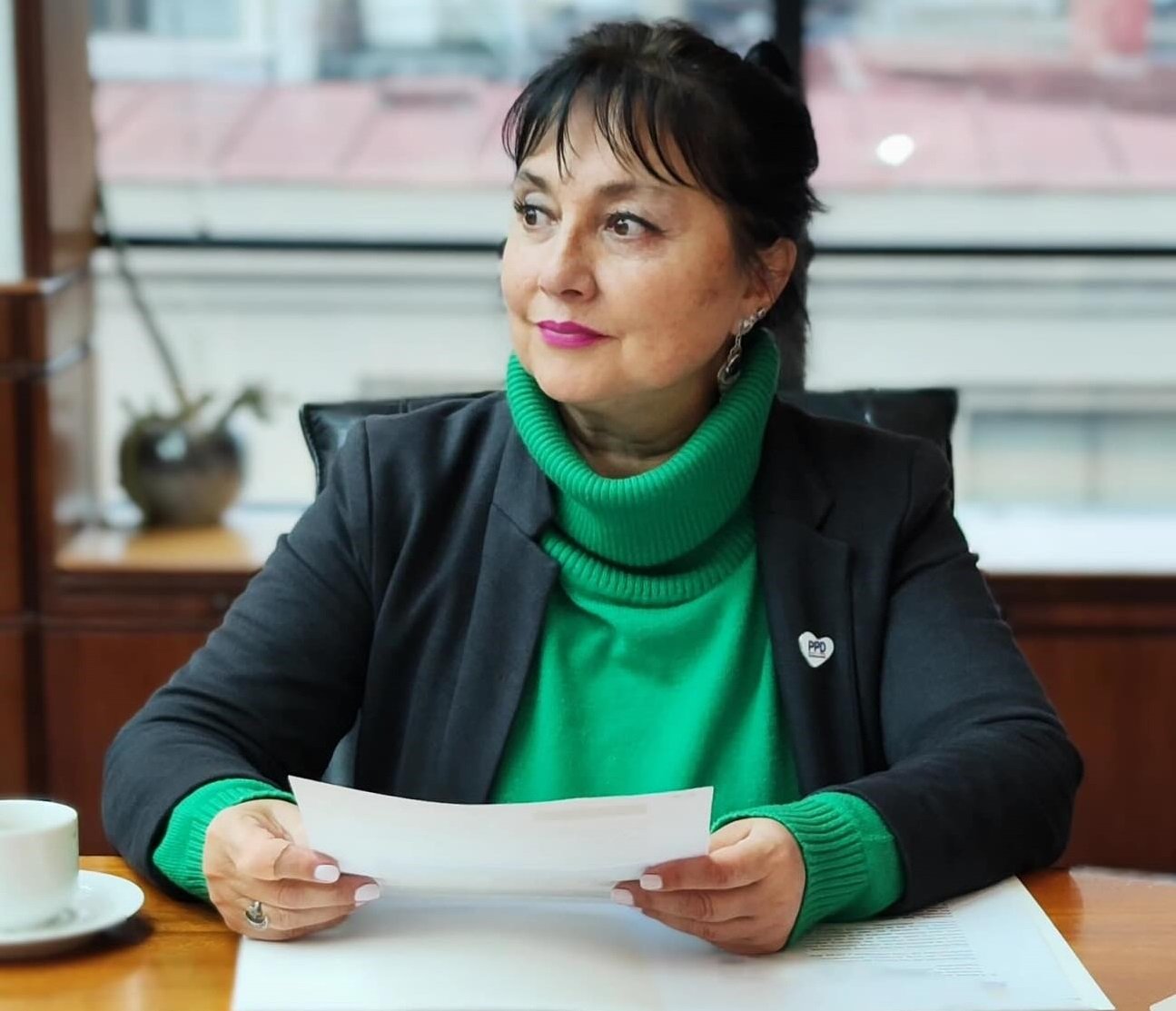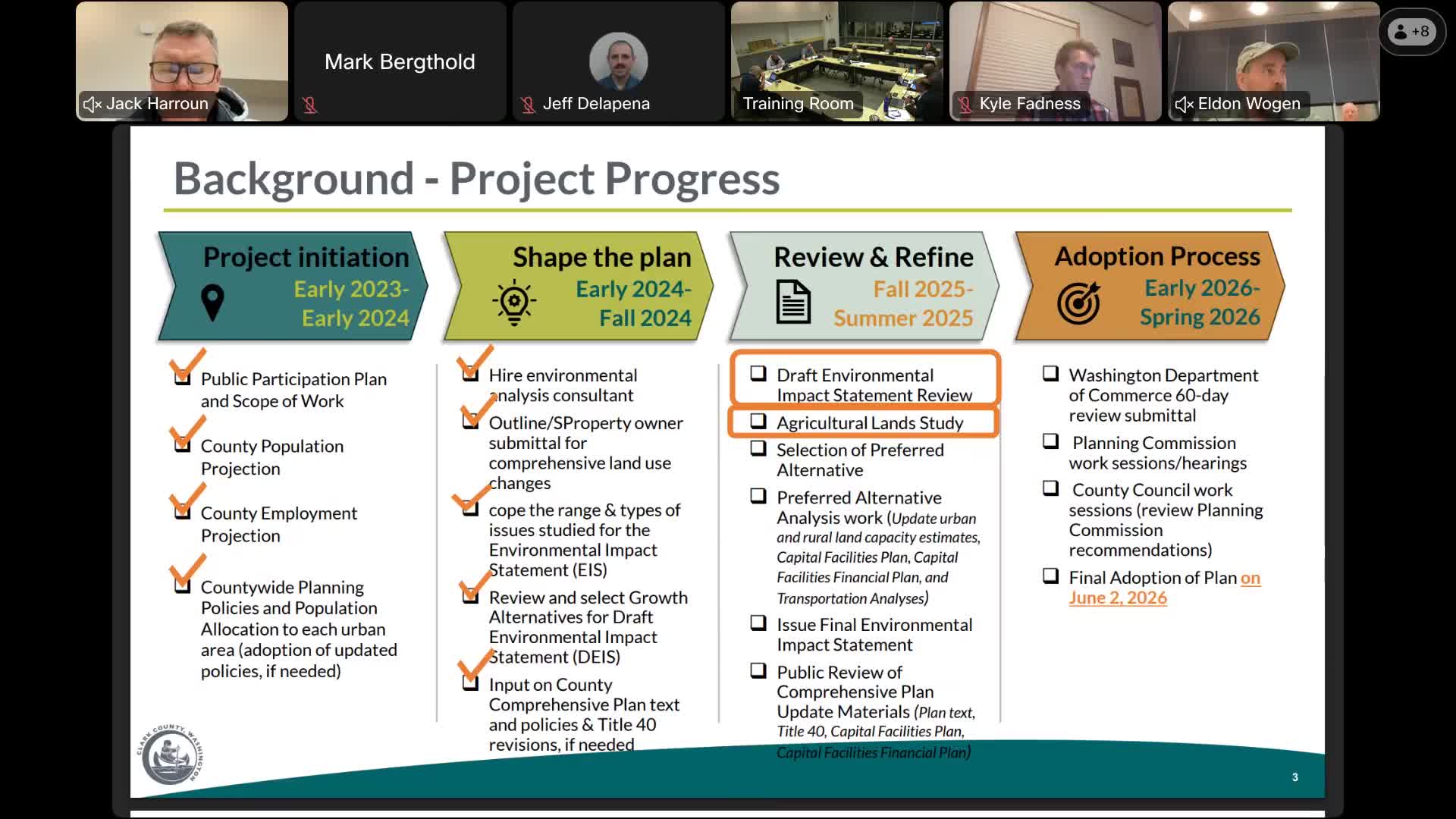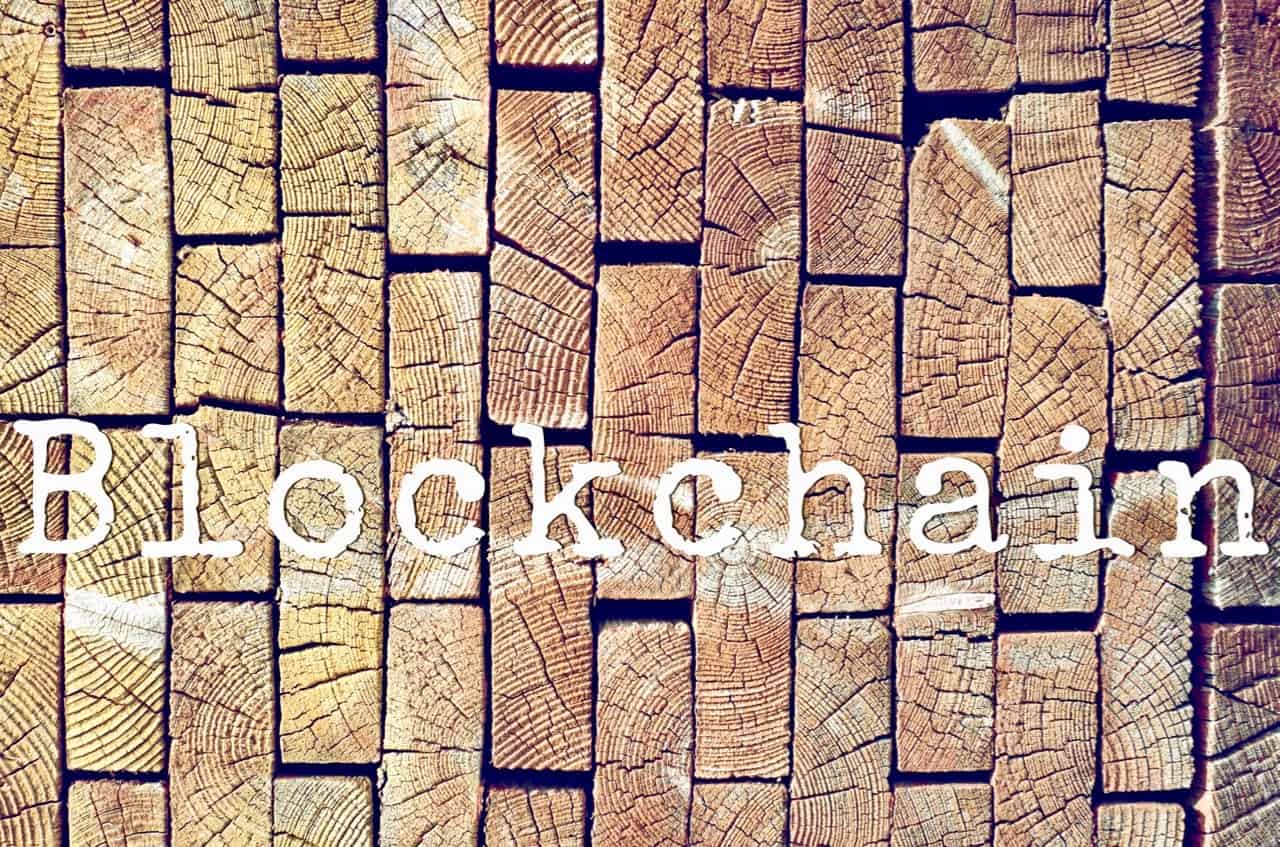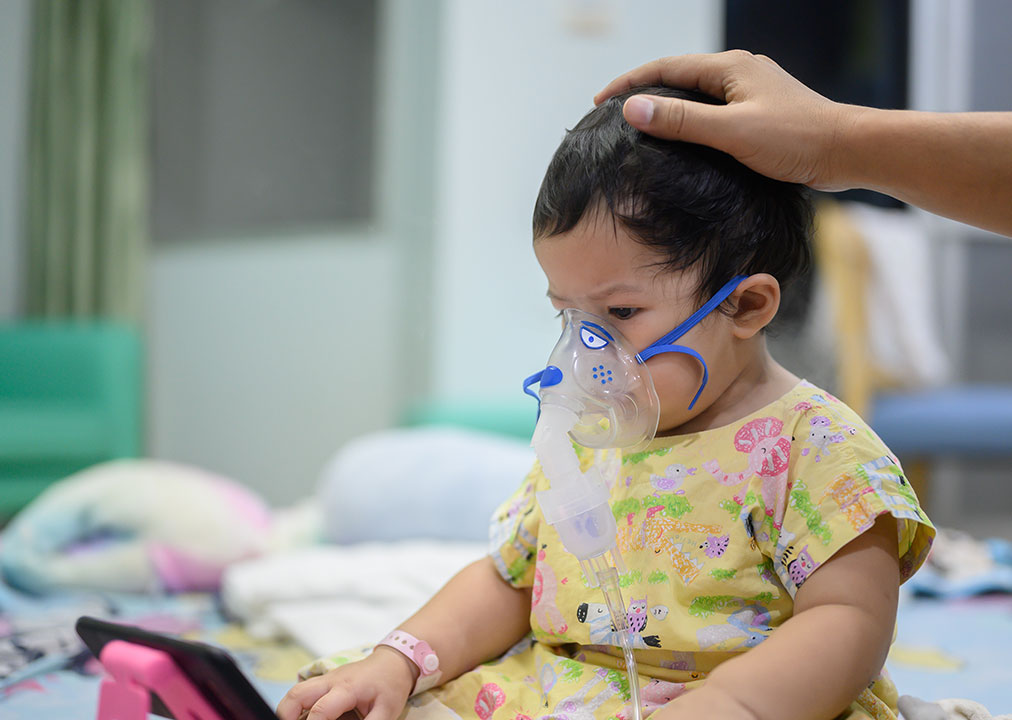Dunav Insurance Champions Youth Sports and Social Responsibility – The Pavlovic Today

Report on the Youth Sports Games in Serbia: A Case Study in Achieving Sustainable Development Goals Through Corporate-Community Partnership
1.0 Executive Summary
This report analyzes the national finals of the Youth Sports Games (YSG) in Bor, Serbia, an initiative supported by Dunav Insurance Company. The event serves as a significant platform for promoting key United Nations Sustainable Development Goals (SDGs) among youth. By integrating values-based education with athletic competition, the partnership between YSG and Dunav Insurance demonstrates a successful model for leveraging corporate social responsibility to foster youth development, community well-being, and social cohesion, directly contributing to SDGs 3, 4, 10, 16, and 17.
2.0 Initiative Overview and Strategic Objectives
The YSG national finals convened over 500 young athletes from 200 municipalities across Serbia. The event’s core philosophy is encapsulated in the slogan “Lend a Hand, Don’t Trip,” a message originated by Dunav Insurance to promote pro-social behavior over a purely competitive mindset.
2.1 Core Principles
- Promotion of fair play, friendship, and mutual support.
- Emphasis on character development alongside athletic skill.
- Fostering social responsibility and community engagement among participants.
3.0 Alignment with Sustainable Development Goals (SDGs)
The YSG initiative, through its partnership with Dunav Insurance, makes substantial contributions to several SDGs.
3.1 SDG 17: Partnerships for the Goals
The collaboration is a primary example of a multi-stakeholder partnership between the private sector (Dunav Insurance) and a civil society organization (YSG Serbia) to achieve common development goals. This model is critical for mobilizing resources and expertise for sustainable development.
3.2 SDG 4: Quality Education
The Games function as an informal educational platform, advancing targets related to inclusive and equitable quality education.
- Values-Based Education: The “Lend a Hand, Don’t Trip” campaign instills values of empathy and cooperation, contributing to education for sustainable development.
- Financial Support for Education: The “Dunav Insurance Ambassadors” program provides scholarship-backed insurance packages, offering tangible financial support for the personal and academic advancement of young athletes who demonstrate exceptional character.
3.3 SDG 3: Good Health and Well-being & SDG 16: Peace, Justice and Strong Institutions
The initiative directly addresses physical and mental well-being while promoting peaceful and inclusive societies.
- Combating Peer Violence: A nationwide campaign against peer violence, launched in partnership with Dunav Insurance, has reached over 3 million children, directly contributing to SDG 16.1 (Significantly reduce all forms of violence).
- Promoting Mental and Physical Health: The games encourage an active lifestyle (SDG 3) and create a safe, supportive environment that fosters positive mental health by discouraging bullying and promoting camaraderie.
3.4 SDG 10: Reduced Inequalities
By bringing together children from 200 different towns and cities, the YSG provides an inclusive platform that reduces inequalities in access to organized sports and developmental opportunities for youth from diverse geographic and socioeconomic backgrounds.
4.0 Key Outcomes and Impact Assessment
4.1 Program Reach and Participation
- Event Participation: Over 500 children competed in the national finals in Bor.
- National Campaign Reach: The anti-peer violence campaign has engaged more than 3 million children since the inception of the Games.
4.2 The “Dunav Insurance Ambassadors” Program
This program represents a key outcome, institutionalizing the event’s focus on character. By rewarding sportsmanship with scholarship-backed insurance, Dunav Insurance creates a direct link between positive social behavior and tangible opportunities for personal growth, reinforcing the initiative’s educational objectives.
5.0 Conclusion
The Youth Sports Games in Serbia, enabled by the strategic partnership with Dunav Insurance Company, serves as a compelling case study for achieving Sustainable Development Goals through sport. The initiative effectively integrates objectives related to health (SDG 3), education (SDG 4), equality (SDG 10), peace (SDG 16), and partnerships (SDG 17). It demonstrates that corporate sponsorship can transcend traditional branding to become a powerful driver of social change and community well-being, creating a generation of responsible and empathetic citizens.
Analysis of Sustainable Development Goals (SDGs) in the Article
-
Which SDGs are addressed or connected to the issues highlighted in the article?
The article highlights issues and initiatives that are directly connected to several Sustainable Development Goals (SDGs). The primary focus on youth development, education through sports, anti-violence campaigns, and corporate partnerships links the article’s content to the following SDGs:
-
SDG 4: Quality Education
The article emphasizes “values-based education” and teaching children about “friendship, fairness, and standing up for one another.” The Youth Sports Games (YSG) are presented not just as an athletic competition but as an educational platform to shape a “generation of responsible citizens.”
-
SDG 16: Peace, Justice and Strong Institutions
A core theme of the initiative is the nationwide campaign against “peer violence,” promoted through the slogan “Lend a Hand, Don’t Trip.” This directly addresses the goal of creating peaceful and inclusive societies by tackling violence at the community level, especially among children.
-
SDG 17: Partnerships for the Goals
The entire initiative is built on a “purpose-driven partnership” between a corporate entity, Dunav Insurance Company, and a civil society organization, the Youth Sports Games. The article showcases this collaboration as a leading example of “corporate social responsibility (CSR)” driving social change.
-
SDG 3: Good Health and Well-being
While not the primary focus, the article implicitly connects to SDG 3 by promoting youth sports and athletics. The event supports the physical and mental well-being of over 500 children, contributing to “community wellbeing.”
-
-
What specific targets under those SDGs can be identified based on the article’s content?
Based on the initiatives described, several specific SDG targets can be identified:
-
Under SDG 4 (Quality Education):
- Target 4.7: “By 2030, ensure that all learners acquire the knowledge and skills needed to promote sustainable development, including…a culture of peace and non-violence…” The article’s focus on teaching sportsmanship, fairness, social responsibility, and running a campaign against peer violence directly contributes to this target. The slogan “Lend a Hand, Don’t Trip” is a tool for this type of education.
-
Under SDG 16 (Peace, Justice and Strong Institutions):
- Target 16.2: “End abuse, exploitation, trafficking and all forms of violence against and torture of children.” The article explicitly mentions a “nationwide campaign against peer violence” involving children, which is a direct action towards achieving this target.
-
Under SDG 17 (Partnerships for the Goals):
- Target 17.17: “Encourage and promote effective public, public-private and civil society partnerships…” The collaboration between Dunav Insurance Company and the Youth Sports Games is a clear example of a public-private/civil society partnership aimed at youth development and social change, as highlighted by the article’s praise of “purpose-driven partnerships.”
-
-
Are there any indicators mentioned or implied in the article that can be used to measure progress towards the identified targets?
Yes, the article contains several quantifiable and qualitative indicators that can be used to measure progress:
-
Indicators for SDG 4 and SDG 16:
- Number of participants reached: The article states, “More than 3 million children have been part of this movement since the Games began.” This is a direct quantitative indicator of the reach of the values-based education and anti-violence campaign.
- Geographic scope of the initiative: The mention of “over 500 children from 200 towns and cities across Serbia” in the national finals serves as an indicator of the program’s widespread reach within the country.
-
Indicators for SDG 17:
- Financial and in-kind contributions: The provision of “scholarship-backed insurance packages” for ambassadors is a specific, measurable contribution from the corporate partner, indicating the depth and impact of the partnership beyond simple sponsorship.
- Longevity of the partnership: The article describes Dunav Insurance as a “long-standing partner,” which implies a sustained and successful collaboration over time, a key indicator of an effective partnership.
-
-
Create a table with three columns titled ‘SDGs, Targets and Indicators” to present the findings from analyzing the article. In this table, list the Sustainable Development Goals (SDGs), their corresponding targets, and the specific indicators identified in the article.
SDGs Targets Indicators SDG 4: Quality Education Target 4.7: Ensure all learners acquire knowledge and skills for sustainable development, including promoting a culture of peace and non-violence. - Number of children reached by the educational movement (over 3 million).
- Number of participating towns and cities (200).
- Provision of scholarship-backed insurance packages to support youth development.
SDG 16: Peace, Justice and Strong Institutions Target 16.2: End all forms of violence against children. - Implementation of a “nationwide campaign against peer violence.”
- Number of children participating in the anti-violence movement (over 3 million).
SDG 17: Partnerships for the Goals Target 17.17: Encourage and promote effective public-private and civil society partnerships. - Existence of a “long-standing” partnership between Dunav Insurance and the Youth Sports Games.
- Demonstration of a “purpose-driven partnership” and “corporate social responsibility (CSR).”
Source: thepavlovictoday.com

What is Your Reaction?
 Like
0
Like
0
 Dislike
0
Dislike
0
 Love
0
Love
0
 Funny
0
Funny
0
 Angry
0
Angry
0
 Sad
0
Sad
0
 Wow
0
Wow
0











